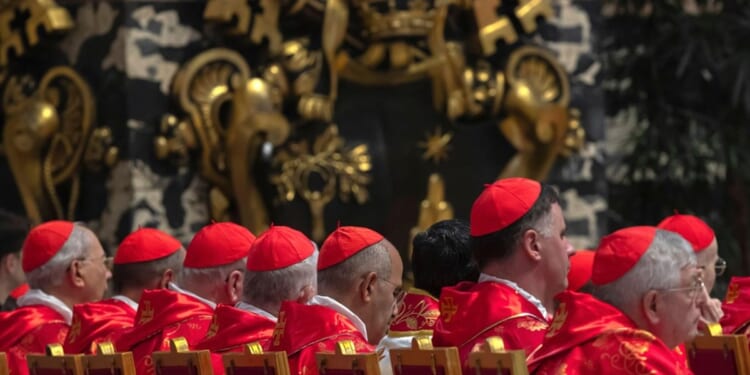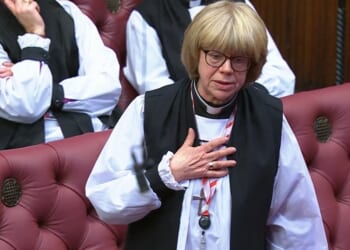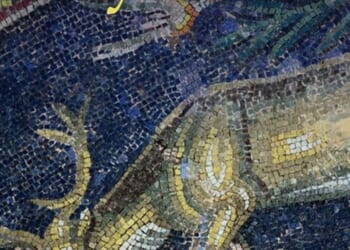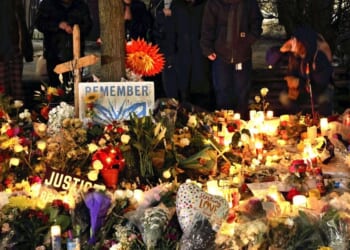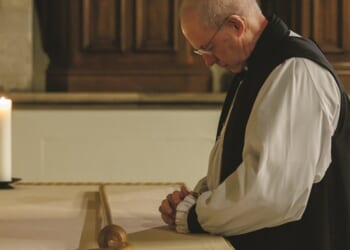POPE LEO plans to summon cardinals of the Roman Catholic Church to an extraordinary consistory at the beginning of 2026, according to sources in Rome, in a sign of readiness to involve them more closely in tackling current concerns.
News of the planned consultation was reported last week by the US-based weekly National Catholic Register (NCR), and partially confirmed by the Vatican press officer, Matteo Bruni, who said that a formal announcement of the meeting and its subject-matter would be made nearer the time.
If it goes ahead on 7-8 January, the consistory will follow the Pope’s formal closure of the Church’s current Holy Year, and come a day before his new year address to ambassadors and representatives from the 184 countries who enjoy diplomatic relations with the Holy See, which is traditionally used to outline key issues likely to preoccupy Roman Catholics over the next year.
In its report, the NCR said that it would follow a similar gathering under Pope Francis in February 2014, which contributed to an apostolic exhortation, Amoris Laetitia (“The Joy of Love”) (News, Comment, 15 April 2016), making it possible for divorced and remarried Roman Catholics to begin receiving holy communion. A second gathering in August 2022 discussed the implementation of Praedicate Evangelium, a new constitution for the Vatican’s Curia (News, 25 March 2022).
The Zenit news agency, based in Rome, said that extraordinary consistories had historically discussed questions testing “the faith and unity of the Church”, and served as “turning points in Papal governance”.
It added that the January meeting could mark “a defining moment for the new Papacy’s tone and priorities”, as the Pope faced the “delicate task of knitting together a Church weary from ideological polarisation”.
“Some speculate that the Pope may wish to address the moral credibility crisis following decades of abuse revelations; others point to the reform of episcopal conferences, the future of synodality, or even the Vatican’s strained relations with China and parts of Africa,” the news agency commented.
“Leo appears intent on reviving the old rhythm of dialogue that once characterised the Church’s universal governance. Observers note that the young pontiff has spoken frequently about his vision of a listening Church, one that acts neither as an ideological fortress nor as a mere humanitarian agency. If that vision is to take shape, the extraordinary consistory could serve as its testing ground — a place where the world’s cardinals measure the balance between authority and communion, reform and tradition.”
Article 353 of Canon Law notes that cardinals should assist the Pope “in collegial fashion”, adding that closed consistories are called “for consultation on certain grave matters”, or for “especially solemn acts”, as well as “when the special needs of the Church and more serious matters suggest it”.
Calls for greater “consultation and deliberation” in decision-making were included in the Final Document of the 2023-2024 Rome “Synod on Synodality”. Pope Leo referred to the issue in an address to cardinals in May, when he said that many had requested “a kind of dialogue… to hear advice, suggestions, proposals and specific issues”.
Pope Leo issued his first apostolic exhortation, Dilexi Te (“I have loved you”), in October (News, 17 October), and is to make his first foreign visit at the end of November to Turkey, but has, so far, made few significant Vatican appointments. He has also not indicated whether he will reinstate his predecessor’s select international Council of Cardinals, known as the C-9, to serve as his closest advisers.
Up to 245 cardinals from 92 countries could attend the early January consistory, only 122 of whom will be below the age of 80, and therefore entitled to vote in a papal election.
Pope St John Paul II held six extraordinary consistories during his 26-year pontificate, on subjects including Curia reform, threats to life, and preparations for the Millennium. His successor, Benedict XVI, preferred to hold day-long meetings ahead of formal consistories to appoint new cardinals.

